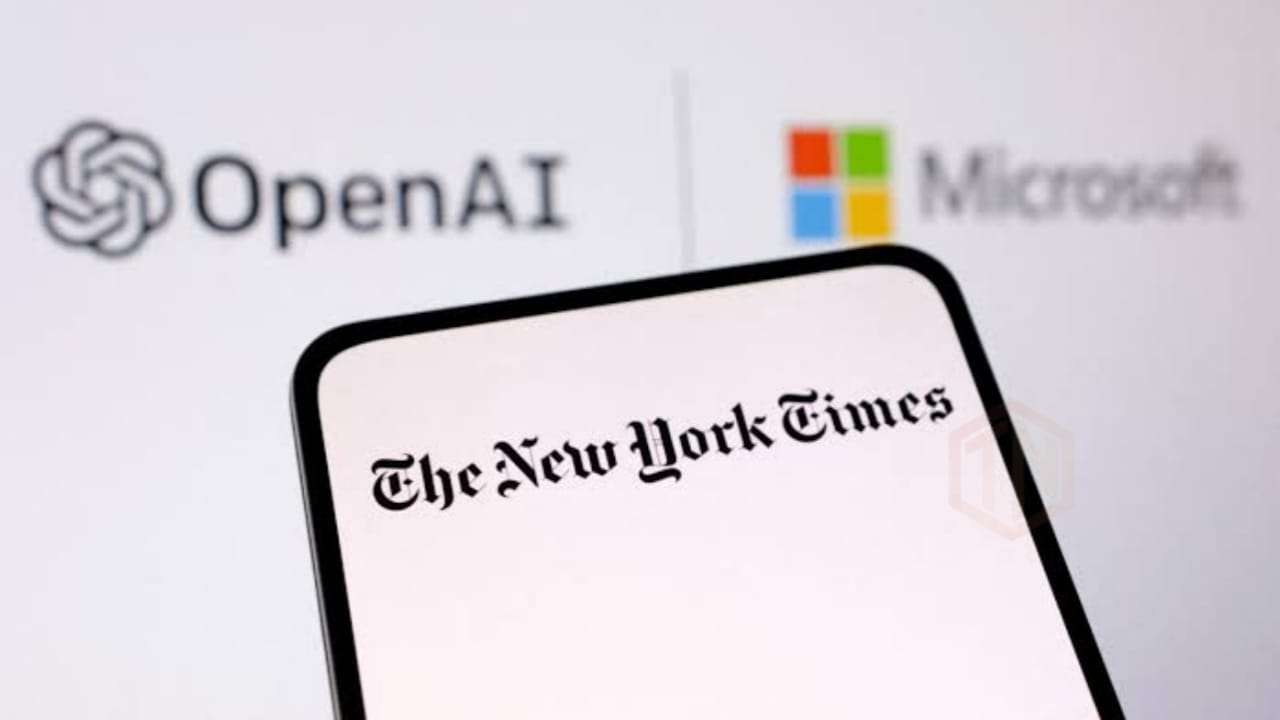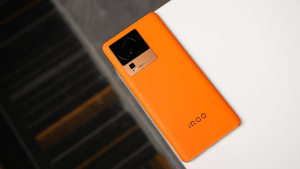
The New York Times has initiated legal action against OpenAI and Microsoft for alleged copyright infringement related to the use of millions of articles published by the news outlet. The lawsuit, filed in Federal District Court, marks a significant escalation in ongoing legal battles surrounding the unauthorised use of copyrighted material for training artificial intelligence (AI) models.
The Times is the first major American media organisation to take legal action against OpenAI and Microsoft, claiming that their automated chatbots pose a competitive threat to the news outlet as a reliable source of information. The lawsuit seeks monetary damages and the destruction of any AI models and training data utilising copyrighted material from The Times.
The outcome of this case could shape future relationships between media organisations and AI technology developers, setting precedents for the evolving legal landscape in the rapidly advancing field of AI.
While the lawsuit doesn't determine a precise money related request, it attests that the litigants ought to be considered responsible for "billions of dollars in legal and genuine harms" coming about because of the asserted "unlawful replicating and use" of The Times' substance. Furthermore, the suit requires the obliteration of any AI models and training information using copyrighted material from The Times.
The Times claims that it participated in conversations with OpenAI and Microsoft in April to address its interests and investigate a goal. Be that as it may, the discussions failed to yield an arrangement, prompting the legal action.
OpenAI communicated shock and frustration, expressing that they have been "pushing ahead valuably" in discussions with The Times and communicating a guarantee to working with content makers. Microsoft declined to remark on working on it.
The lawsuit can possibly shape the legal scene encompassing generative AI advancements, raising basic inquiries regarding the utilisation of copyrighted material in training AI models. This legal fight could have expansive ramifications for the news industry, where successful internet based journalism models, similar to that of The Times, are progressively fundamental.
The uncompensated utilisation of intellectual property by AI frameworks has been a developing worry across different innovative enterprises. This lawsuit joins a progression of legal actions, including those including noticeable figures like entertainer Sarah Silverman and creators, for example, Jonathan Franzen and John Grisham, all based on the unapproved utilisation of content for training AI models.
Past safeguarding intellectual property, The Times outlines ChatGPT and other AI frameworks as likely rivals in the news business. The worry is that users might favour AI-produced reactions over visiting the news outlet's site, bringing about diminished web traffic and, thus, decreased publicising and membership income.
As The New York Times moves into an unknown legal area, the lawsuit against OpenAI and Microsoft is ready to lastingly affect the crossing point of copyright law and artificial intelligence. The result of this case could shape the future connections between media organisations and AI technology designers, starting trends for the developing legal scene in the quickly propelling field of AI.



Leave a Reply